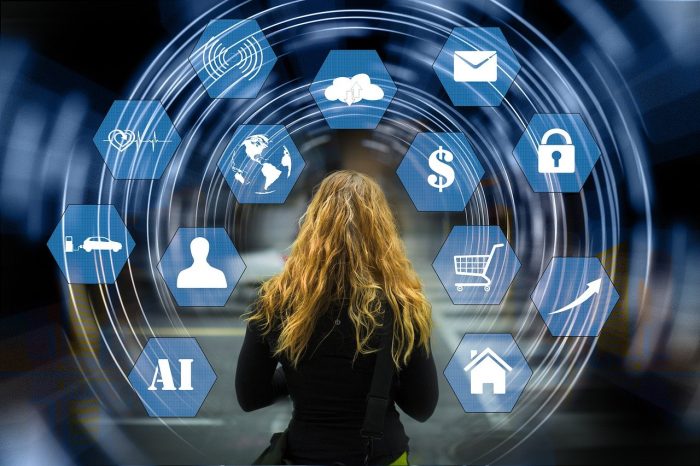
In recent years, the rise of artificial intelligence (AI) has revolutionized numerous aspects of our lives, from healthcare to finance, and beyond. One particular branch of AI, known as generative AI, has been making significant strides in transforming industries across the board. Generative AI refers to systems capable of creating new content, whether it be text, images, music, or even entire virtual environments, autonomously. This article explores the profound impact generative AI is having on businesses, reshaping strategies, processes, and even entire industries.
1. Enhancing Creativity and Innovation
One of the most notable impacts of generative AI on businesses is its ability to enhance creativity and innovation. Traditionally, brainstorming sessions and creative processes relied heavily on human input. However, with the advent of generative AI, companies can now leverage algorithms to generate new ideas, designs, and solutions. This not only accelerates the innovation process but also provides fresh perspectives that may not have been considered otherwise.
2. Personalized Customer Experiences
Generative AI enables businesses to deliver highly personalized customer experiences at scale. By analyzing vast amounts of data, these systems can create tailored content, recommendations, and interactions based on individual preferences and behaviors. From personalized product recommendations to dynamically generated marketing campaigns, generative AI allows businesses to foster deeper connections with their customers, driving engagement and loyalty.
3. Streamlining Content Creation
Content creation is a time-consuming and resource-intensive process for many businesses. Generative AI tools can streamline this process by automating the generation of text, imagery, and multimedia content. Whether it’s generating product descriptions, writing articles, or designing visual assets, these AI systems can produce high-quality content quickly and efficiently, freeing up human resources to focus on more strategic tasks.
4. Optimizing Operations and Decision-Making
Generative AI can also optimize various aspects of business operations and decision-making. Through data analysis and predictive modeling, these systems can identify patterns, trends, and insights that humans may overlook. From supply chain management to financial forecasting, generative AI empowers businesses to make more informed decisions and optimize processes for greater efficiency and effectiveness.
5. Accelerating Research and Development
In industries such as pharmaceuticals, automotive, and aerospace, research and development (R&D) play a crucial role in driving innovation and competitiveness. Generative AI is revolutionizing the R&D process by expediting experimentation, modeling complex systems, and even suggesting novel solutions to scientific challenges. By leveraging AI-driven simulations and predictive modeling, businesses can accelerate the pace of innovation and bring new products and technologies to market faster.
6. Facilitating Design and Prototyping
Design and prototyping are fundamental stages in product development across various industries, from consumer electronics to architecture. Generative AI tools can assist designers and engineers in creating and iterating on designs rapidly. Whether it’s generating alternative design concepts or optimizing parameters for performance, generative AI enhances the creativity and efficiency of the design process, leading to better products and faster time-to-market.
7. Ensuring Ethical and Responsible AI Use
As businesses increasingly integrate generative AI into their operations, ensuring ethical and responsible use of these technologies becomes paramount. From bias in algorithmic decision-making to concerns about data privacy, there are numerous ethical considerations associated with AI deployment. Businesses must prioritize transparency, fairness, and accountability in their AI systems to mitigate risks and build trust with stakeholders.
Conclusion
Generative AI is poised to transform industries across the globe, revolutionizing how businesses innovate, interact with customers, and operate. From enhancing creativity and personalization to optimizing operations and decision-making, the impact of generative AI on business is profound and multifaceted. As businesses continue to embrace and harness the power of generative AI, they must also navigate ethical and regulatory challenges to ensure responsible deployment and maximize the benefits for society as a whole.

